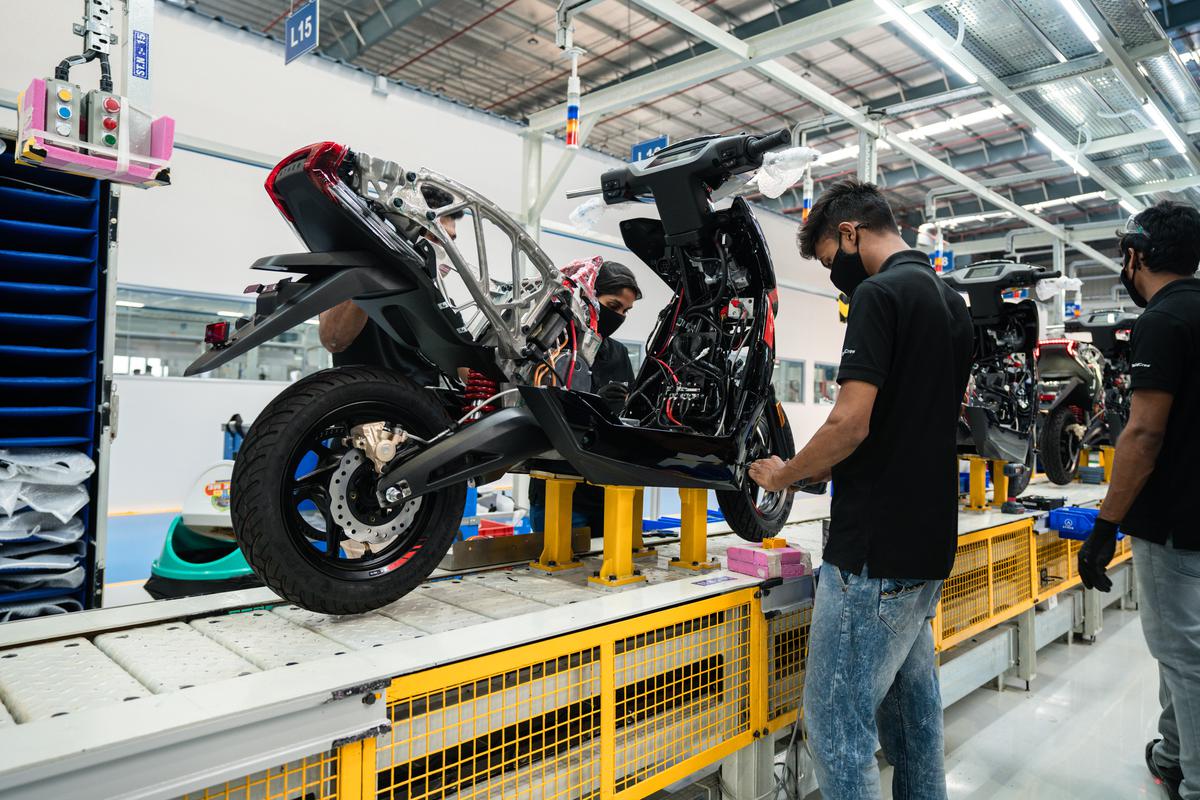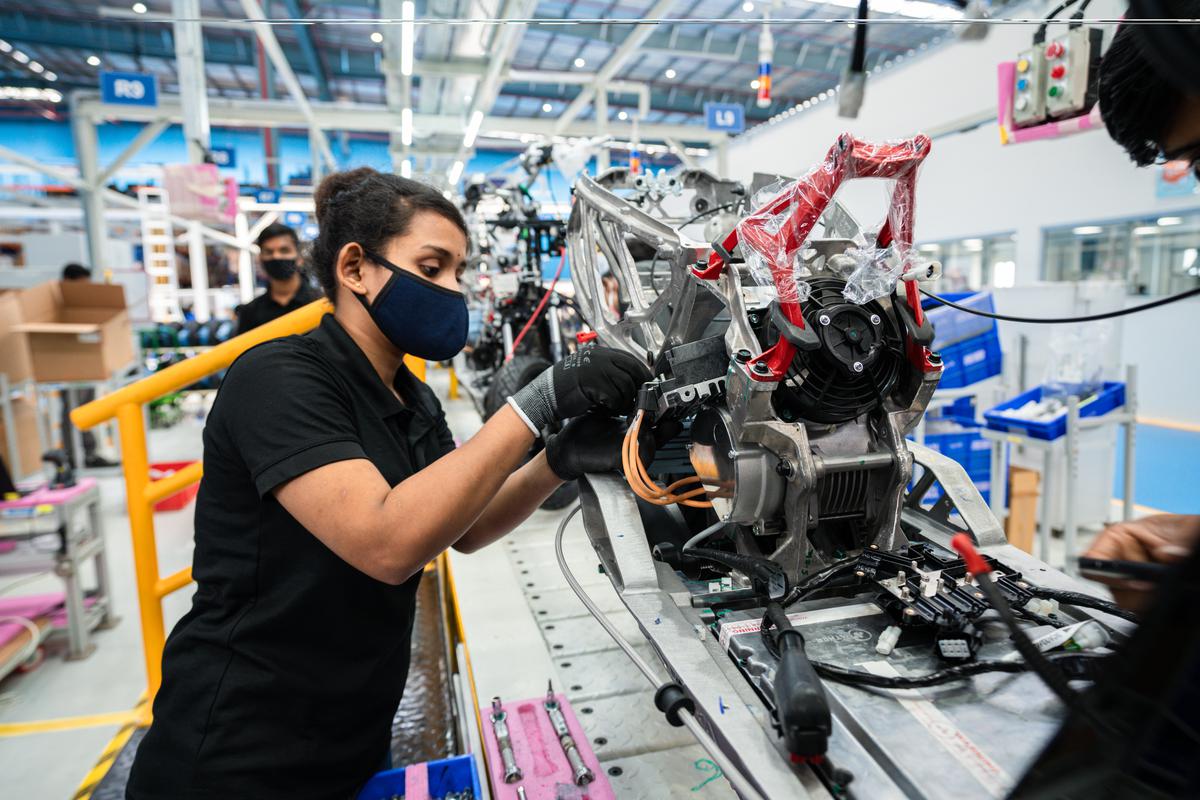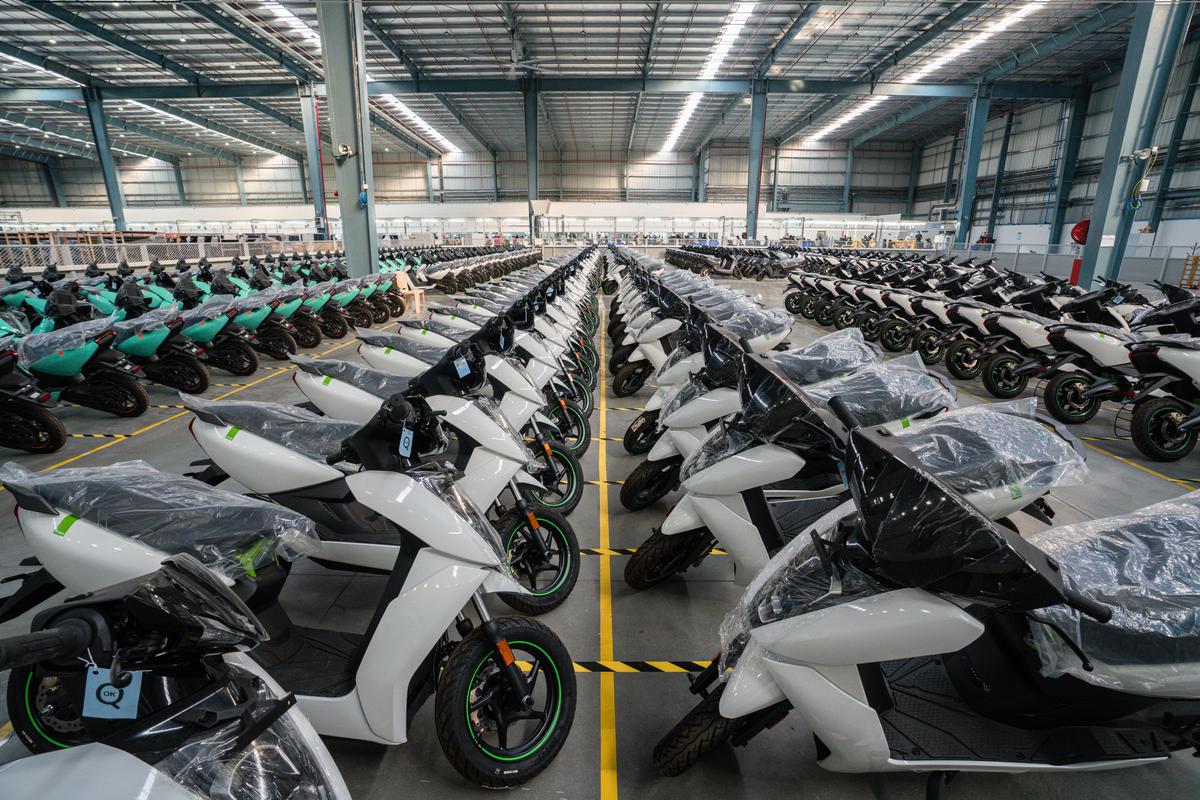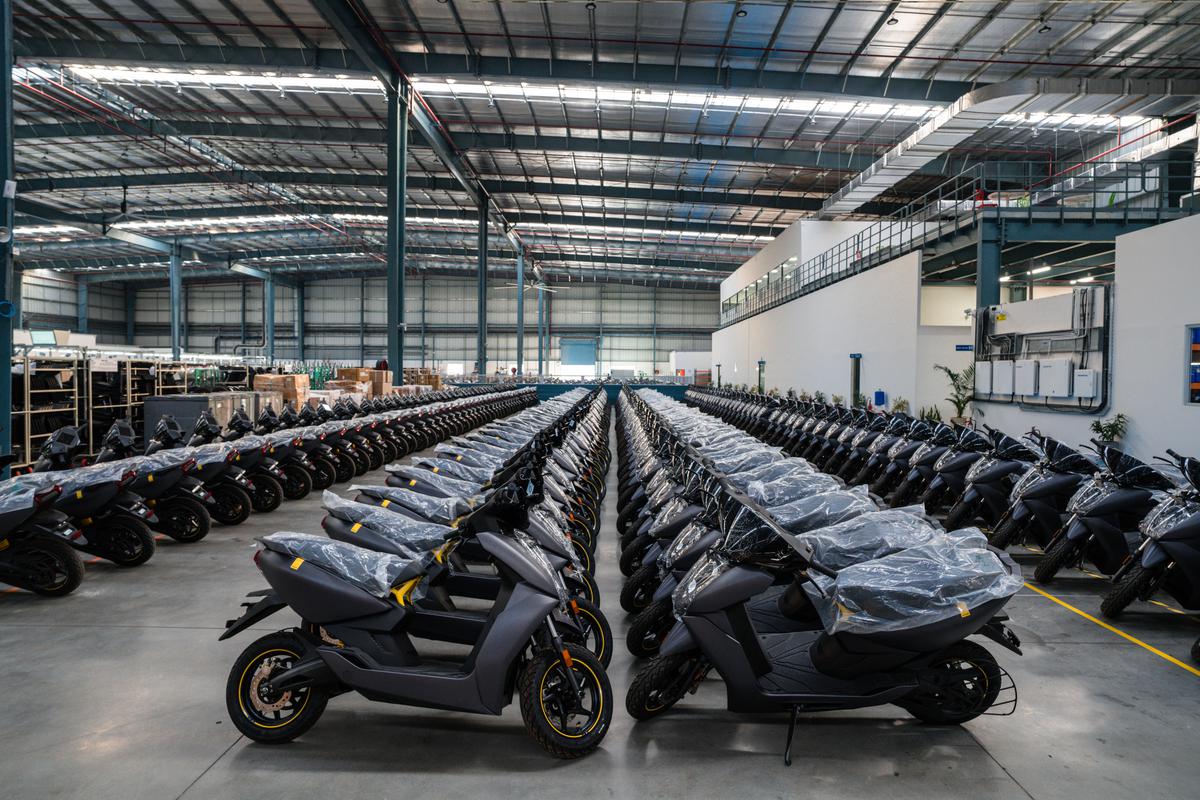From mere godowns and basic fit-for-all shelters, warehouses today are high-tech infrastructures that are smart, intelligent, green and tailor-made technology-driven solutions. More importantly, warehousing and logistics is the fastest-growing space in India’s real estate market today.
If you want your favourite ice cream home delivered in just 10 minutes or require a new fridge in a day, you certainly need to have decent proximity to warehouses of various kinds. What brought a sea change in the country’s warehousing undoubtedly is the e-commerce revolution, triggered by unprecedented internet penetration and affordable access to high bandwidth, growing aspirations of consumers who started asking for next-day or same-day deliveries. The government’s handholding initiatives such as Production Linked Incentive (PLI) that led to a surge in Third-party logistics (3PL), manufacturing, and retail sectors, are now creating a warehousing and logistics boom in metros and small towns across the country.
As a result of these ground-level changes, the country reported a historic high in demand for warehousing infrastructure, at 51.3 million square feet (msf), in the financial year 2022-23, as per a recent assessment of top eight markets such as Mumbai, NCR, Bengaluru, Pune, Kolkata, Hyderabad, Chennai and Ahmedabad and 17 secondary markets in India by realty consulting and advisory firm, Knight Frank.
While Mumbai and NCR led the market in terms of overall transaction volumes during FY23, Bengaluru and Kolkata witnessed the highest percentage growth in annual transacted volumes at 25% and 18% year-on-year, respectively.
Chennai’s proximity to the sea made it a desirable base for heavy industries, as per Knight Frank’s study.
| Photo Credit:
Getty Images
The report cited that Chennai recorded a warehousing transaction volume of 4.5 mn sq.ft. in FY 2023. Transaction activity in the Chennai market has been resilient with the 3PL sector having the largest share in the occupier transaction pie. The city’s proximity to the sea made it a desirable base for heavy industries, as per Knight Frank’s study.
Also, warehousing rents across seven of the eight primary markets grew in the range of 3-8% YoY in FY23, the study further said.
Hosur in demand
TVS Industrial & Logistics Parks (TVS ILP), a warehousing and logistics solutions business that is part of the TVS Mobility Group, is one of the big players with a strong presence in the South. TVS ILP already has 11 logistics parks in Tamil Nadu, Maharashtra, Odisha, Andhra Pradesh and Rajasthan with a cumulative space availability of 10 million sq.ft. The company currently has 35 clients and is planning to foray into 30 additional locations across the country. It had earlier told The Hindu that it would have invested $1 billion towards developing 20 million sq.ft. of infrastructure in 20 different warehousing parks in the country in the next three to four years.
TVS ILP’s 50-acre warehouse and logistics park in Hosur, just 35 km from Bengaluru, currently houses two large clients, EV scooter manufacturer, Ather Energy and e-tailer, Flipkart. According to Manikandan Ramachandran, Chief Operating Officer, TVS ILP, Hosur offered a better cost advantage for logistics and warehousing services, some 20% cheaper compared to similar infrastructure in Bengaluru or Chennai. Also, the overall operational cost, including employee salaries, was cheaper by 35% in Hosur.

In terms of the availability of logistics and transport services, he said the Satellite Town Ring Road (STRR) that connects many small towns including Anekal would improve connectivity between Hosur and Bengaluru, in addition to improving access to Chennai Highway, and easy exit to Kerala and Mumbai via Attibele Bypass.
Hosur already has a well-developed cargo and transport system as a lot of manufacturing is already happening on five major roads: Hosur-Thally, Denkanikottai, Kelamangalam Rayakottai Road, NH Chennai, and Bengaluru-Bagalur Road. In addition to these, Hosur also has a substantial pool of trained manpower with the right expertise, Ramachandran added.

A fast-growing component
Warehousing and logistics space is an important asset in India’s real estate market as it is essential for supply chain management, which includes receiving and storage of goods and packing and dispatching for seamless delivery. This impacts end customer satisfaction, elaborated Vijay Ganesh, Managing Director, Industrial & Logistics Services for Colliers India, part of a Canada-based diversified professional services and investment management company.
Over the years, industrial and warehousing demand has grown steadily aided by growth in e-commerce, and increased manufacturing activity supported by favourable government policies, he said.
Customisation at a premium
Each industry requires different types of customisation and warehousing requirements vary from product to product and industry to industry. E-commerce can require a mezzanine floor, 3PL requires additional dock doors to cater to their multi-tenant clients, and transportation/express cargo business requires double side docking for easy flow of cargo.
“They seek spaces that can accommodate their storage and distribution operations efficiently. Flexibility, scalability, and customisation options are crucial for meeting their evolving needs,’‘ said Shishir Baijal, Chairman and Managing Director, Knight Frank.

TVS ILP too offers customised solutions to clients based on their specific requirements for warehousing. For instance, for Ather Energy in Hosur, it has built a temperature-controlled storage area for battery raw materials , plus a well-equipped testing lab to check the final performance quality of each and every electric bike Ather rolls out of this facility every 40 seconds.
TVS ILP’s infrastructure is leased to clients for a period of 15 years with a monthly rental of ₹20 to ₹30 per sq.ft.. With additional customisation, the rentals may be in the ₹40 to 45 per sq.ft. range.
‘Sustainability a focus’
At least some players in the warehousing and logistics sector adopt green technologies, energy-efficient operations, and eco-friendly materials such as Supplementary Cementitious Materials (SCMs) like fly ash.
TVS ILP’s Hosur property claims energy efficiency through their lighting systems, renewable energy sources like solar panels and better water management through water-efficient fixtures, rainwater harvesting systems, and water recycling techniques. Environment-friendly materials are utilised to lower its carbon footprint. Also, available rocks are used for stone pitching, with no additional soil bought for construction, thereby achieving 100% soil balancing, the company claimed. TVS ILP had installed solar rooftop panels and a Daiki sewage treatment plant to ensure long-term energy savings.
The government’s warehousing policy focuses on creating exclusive warehousing zones through public-private partnerships in order to reduce transportation and logistics costs and accelerate growth.

The warehousing industry has been on a high growth trajectory in the last couple of years as it has emerged as crucial in terms of price stabilisation: it reduces significant fluctuations in costs by storing goods safely closer to the market for faster and cost-effective delivery.
The governments of Tamil Nadu, UP, Haryana, Andhra Pradesh, Madhya Pradesh, Gujarat, Himachal Pradesh, Assam, and Punjab are offering incentives. For instance, Tamil Nadu is offering incentives to integrated logistics parks developers, logistics services providers and logistics technology service providers. Logistics park developers get capital subsidy and housing incentive for providing residential facilities within the park.
This writer was in Hosur at TVS ILP’s invitation.
mini.tejaswi@thehindu.co.in